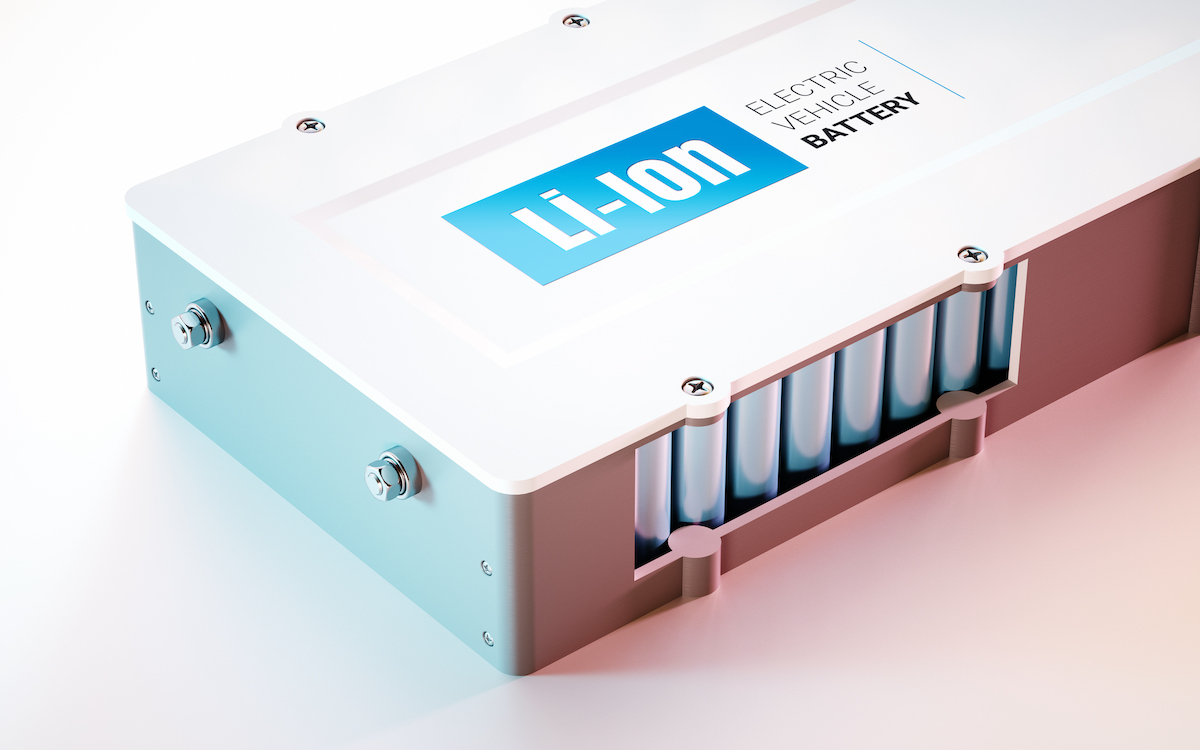Toll Processing Dry Box Capabilities Help Meet Lithium-Ion Battery Demand

The lithium-ion battery is a decades-old innovation, first introduced by Japan’s Sony in 1991 as a power source for a variety of rechargeable electronic devices. Lithium-ion technology was quickly adapted into the mainstream and, today, can be found in everything from cell phones and laptops to power tools and electric vehicles (EVs).
The inclusion of lithium-ion batteries in EVs spurred a rebirth of interest and investment in the technology. In fact, global demand for lithium-ion batteries is expected to increase elevenfold by 2030, driving projected market values to $91.9 billion.1
For battery manufacturers serving the automotive industry, the spike in demand holds great promise. It also has some organizations re-evaluating key partnerships regarding the handling, testing, and processing of the high-value minerals required for the batteries. Toll processors with dry box capabilities offer an ideal solution.
What’s a dry box?
A dry box is a tabletop container wherein the internal atmosphere is carefully controlled to limit moisture and oxygen to less than 1 ppm so lithium and other sensitive battery minerals aren't compromised during handling or testing.
For EV batteries, particle size and shape dictate battery performance since they influence energy density, charge/discharge rates, cycling, and overall battery life. Toll processors with dry box capabilities can focus on achieving specific particle characteristics and also perform tests under ideal conditions.
Dry box testing & results
Toll processors place testing and milling equipment within a dry box and recalibrate the internal environment to ideal conditions. Once reached, engineers and toll processing specialists can manipulate the equipment and materials through gloves built into the dry box, much like a medical incubator.
A key advantage to partnering with a toll processor with in-house dry box capabilities is the ability to accurately run jet milling product trials on small quantities of high-value materials such as lithium, cobalt, and nickel. A dry box also maximizes yield, which is important for cost management and resource allocation, especially as demand for EV battery minerals places greater pressure on supply.
Some toll processors such as CPS are uniquely qualified to bring together particle size reduction expertise, dry box capabilities, and proven testing methodologies that help EV battery manufacturers achieve desired particle characterization. Within the dry box, several key tests can be performed, including:
- Sieve tests
- Density tests
- Angle of repose tests
- Particle shape analysis
- Microscopy
Scaling up production
A dry box is purposely aimed at jet milling and testing EV battery minerals on a small scale, typically 1 to 5 kg. Success at this level may be a precursor to full production, which could mean a pivot to a dry room — a dedicated room that offers all of the benefits of a dry box, but at a large scale.
The willingness and ability of a toll processing partner to transition to a dry room is an important consideration, since time and cost are of the essence at this level of decision-making. CPS has identified several areas within its existing facility that could readily transition to dry rooms, providing a timely and seamless experience. How a toll processor anticipates and plans for production scale-ups signals what EV battery manufacturers can expect from a toll manufacturing partnership.
As EVs dominate the lithium-ion battery market, manufacturers are looking for specific value-adds in toll processing partners. Our guide Powder Processing for EV Batteries delves into the significance of powder processing and powder technology in shaping the future of electric vehicles (EVs). Click the button below to download your copy now.
Source
1Statista, Lithium-ion batteries - statistics & facts | Statista. January 6, 2023


.png?width=100&height=110&name=CPS-Logo-rgb-no-callout%20(1).png)
